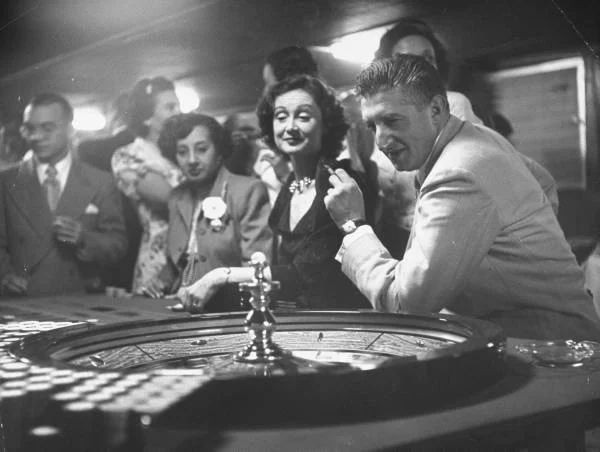
Roulette (named after the French word meaning “little wheel”) is a timeless casino favorite with roots tracing back to the Italian game Biribi. Players can place bets on a single number, groups of numbers, red or black, odd or even, or whether the number will be high or low. It’s a fast-paced game of chance that brings excitement and anticipation to any casino night event.
To determine the winning number during a Roulette table rental, our professional croupier spins the wheel in one direction and sends the ball spinning in the opposite direction along a tilted track around the edge. As the ball loses momentum, it passes through deflectors and eventually lands in one of the colored and numbered pockets on the wheel. Winnings are paid out to players with successful bets — just keep in mind that if the ball lands on zero, it’s a house win and no bets are paid.
source: Wikipedia

While the exact origins of Roulette are hard to pinpoint, most historians agree on how the game first came to life. It’s widely believed that the famous French mathematician Blaise Pascal accidentally invented the roulette wheel in 1655 during his attempt to create a perpetual motion machine. Though his scientific mission wasn’t successful, the result was a uniquely designed, weighted wheel that later became the heart of 18th-century Paris’ vibrant gambling scene—and eventually, a staple in casinos around the world.
Source: Casino.com

Fun fact, the zero didn’t exist on the Roulette wheel until the mid-19th century. The Roulette wheel as invented by Pascal remained the same for centuries. That all changed in 1842, when Francois and Lois Blanc designed a Roulette wheel with a single zero on it, specifically for King Charles III of Monaco. This was a massive deal because adding a zero gave the house a bigger house edge.
With his kingdom facing some financial trouble, Charles built a casino and brought the Roulette wheel to the masses. The wheel generated a lot of income for Monaco, and it quickly became an important symbol for Monte Carlo’s culture of upscale gambling. What’s more, the Roulette wheel with the single zero hit the market at the same time that France had outlawed gambling, making Monte Carlo even more desirable.
Roulette wouldn’t escape American influence. In the 1800s, Roulette made its way across the ocean and onto US shores. To give the house an even bigger edge, a double zero was added to the Roulette wheel. That means that instead of 37 numbers, the American Roulette wheel would have 38 numbers (1 through 36, 0, and 00).
Source: Crescent.edu

